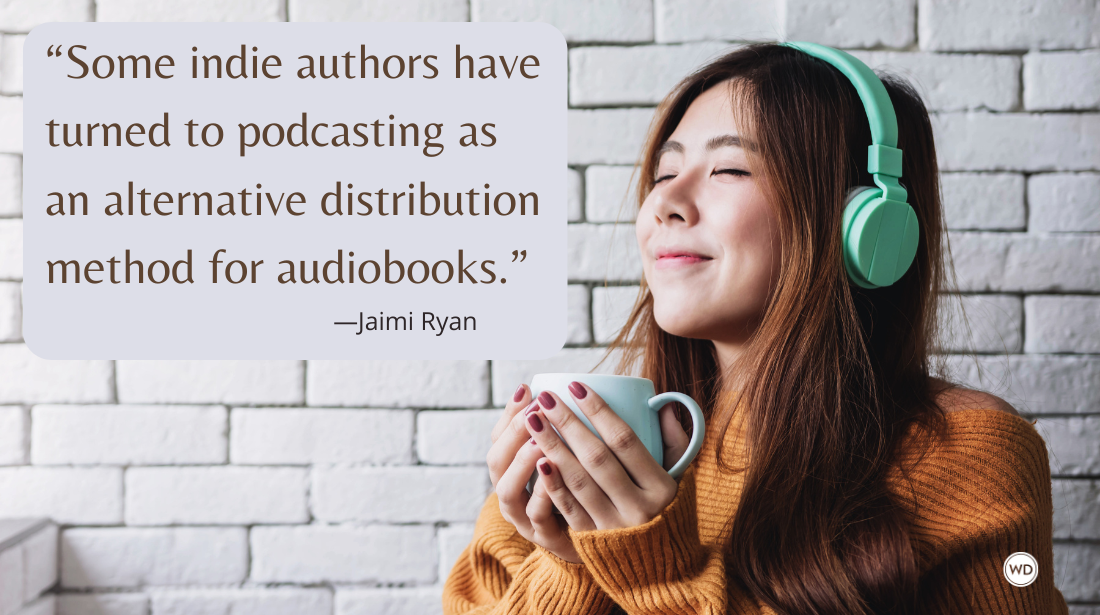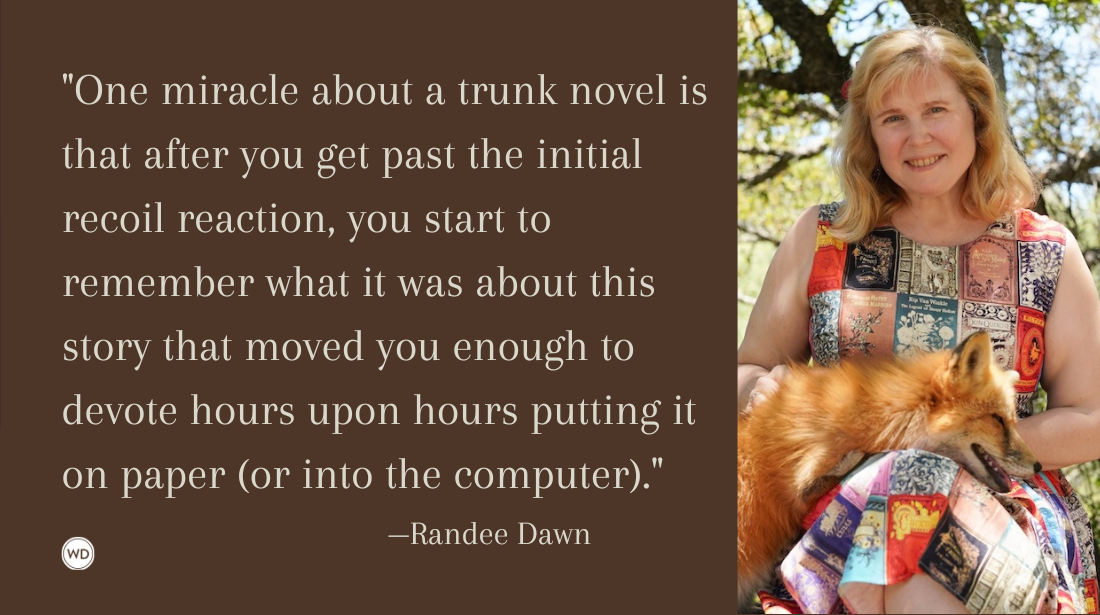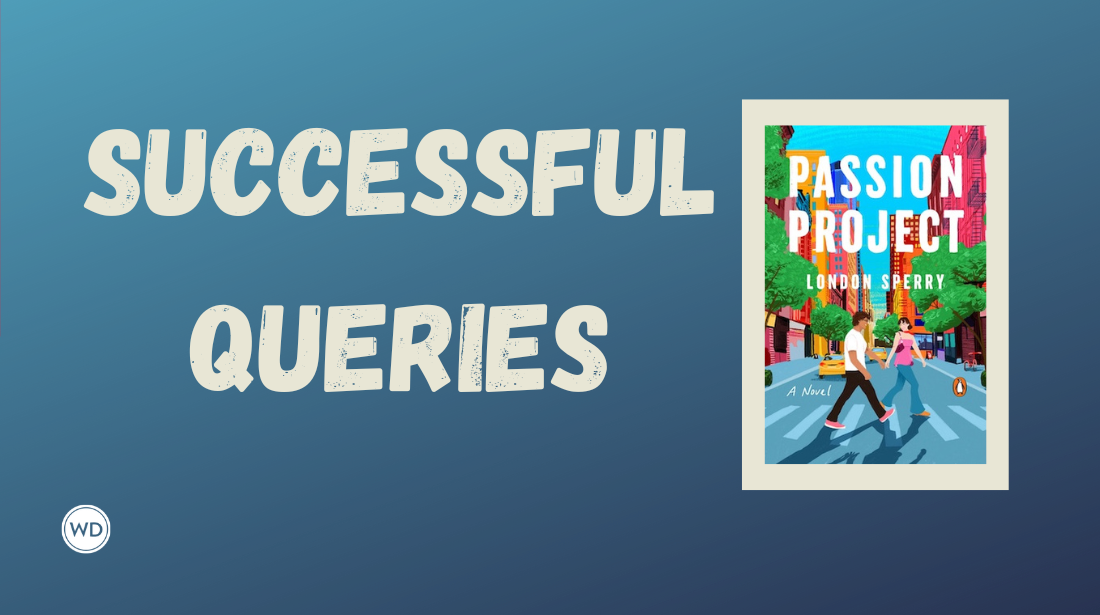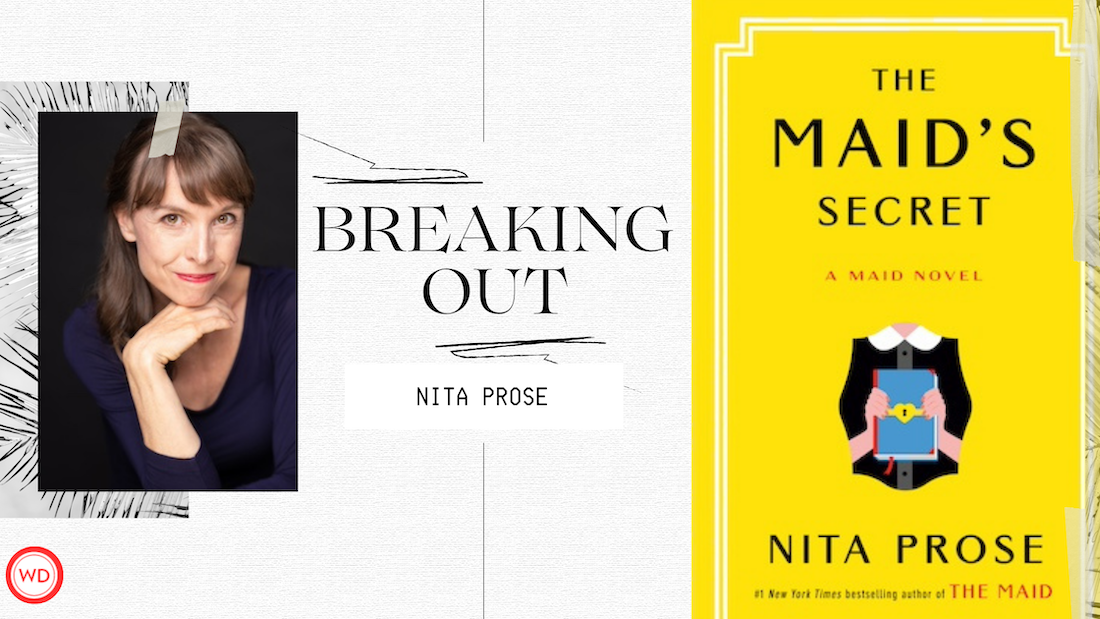Interview With Beth O’Leary, Author of WHSmith 2019 Fiction Book of the Year
Congratulations to Beth O’Leary! Her debut novel The Flatshare was recently announced as 2019 Fiction Book of the Year by the British retailer WHSmith—an honor previously bestowed on books such as Eleanor Oliphant is Completely Fine by Gail Honeyman and The Girl on the Train by Paula Hawkins.
Congratulations to Beth O'Leary! Her debut novel The Flatshare was recently announced as 2019 Fiction Book of the Year by the British retailer WHSmith—an honor previously bestowed on books such as Eleanor Oliphant is Completely Fine by Gail Honeyman and The Girl on the Train by Paula Hawkins.
Beth O’Leary captured accolades such as “the romantic comedy read of the summer” from USA Today and “Sleepless in Seattle for the 21st century” from Sunday Express for her debut novel The Flatshare. Published by Quercus in the U.K. and Flatiron Books in the U.S., O’Leary’s debut subverts the tropes of the rom com genre and tells a funny, witty story that also touches on poignant topics like dealing with emotionally abusive partners, the importance of therapy, being kind to others in need, and the consequences of being wrongly convicted of a crime.
The two main characters, Tiffy and Leon, come together when Tiffy answers an ad Leon placed for a roommate. Tiffy is an assistant editor for a small publishing house making a subpar salary. She has left her abusive ex-boyfriend for good and needs a cheap place to live in London fast. Leon is a night hospice nurse who’s trying to raise money for a lawyer to help get his brother out of prison for a crime he didn’t commit. The only catch is that Tiffy and Leon must share the same bed, but will never see each other due to Leon’s long overnight shifts. The characters quickly become pen pals, leaving sticky notes and leftover food for each other. And because this is a rom com, Tiffy and Leon’s notes develop into something more.
O’Leary’s next novel, TheSwitch, is set to be published in March 2020. WD asked O’Leary a few questions about how she got to know her unforgettable characters, her writing process, how she wrote a page-turner, and more.
A Q&A at the end of The Flatshare audiobook reveals that the idea for the book came to you because you were in a similar situation. Were there any other factors that led you to write The Flatshare?
Yes, the spark for The Flatshare came from moving in with my boyfriend who is a junior doctor—he works lots of night shifts, so we sometimes lived the way Tiffy and Leon do, always alternating who’s home. That was the starting point for the novel. I was also inspired by my own and my friends’ experiences of renting in London. We were all new to the city and struggling to find our way—me and one of my friends rented a flat with sewage seeping through the wall from the upstairs flat, mushrooms growing behind the toilet, and an oven balanced on a plank on top of a full-size fridge … So when I had this idea that two strangers could share a bed without meeting, it didn’t strike me as at all odd that somebody might sign up for that arrangement. So many people I knew were desperate to find an affordable flat in central London!
How were you able to write the book on the train commuting to and from work?
Writing The Flatshare on my commute was tough at first. I had two clear hours a day with a seat and no (decent) Wi-fi, so in theory it seemed like the perfect way to make more space for writing in my day. But trains are noisy, and I struggle to write with background noise. I know some writers love to go to a café and soak it all in as they write, but that doesn’t work for me at all. In the end, the thing that changed everything was noise-canceling headphones and music. I’d not really written to music before, but I came to it out of necessity—to block out the background noise—and it ended up being key to my writing process for The Flatshare. I have a whole playlist of songs that evoke the mood and feel of the book so vividly for me that coming back to that playlist after a long time away feels like walking back into Tiffy and Leon’s flat again.
How would you describe your writing process? Are you a plotter, pantser, or somewhere in between?
I’m somewhere in between. I tend to come up with my concept first (e.g., two people share a bed but don’t meet) and then characters come next, piece by piece. Some of that process happens in my head, as I wander around going about my day, and some of it comes from just sitting down, writing Chapter One, and letting myself have a go. Once I know the characters well enough, the plot starts to grow, and that’s usually when I sketch out a written plan—but I might already have 20 or 30 thousand words written by then. I think it was around that for The Flatshare. Writing the plan down is more about the thinking process than about creating something I’m going to refer to—I rarely look back at that plan once I’ve written it.
One reason I found the story interesting was the structure—a lot of the narrative was told through phone conversations between characters and the notes Tiffy and Leon left for each other. What was the process of writing Tiffy and Leon’s notes like?
I feel most comfortable writing dialogue. If I’m creating a new character, I won’t write down a description of them. I’ll stick them somewhere with somebody else and let them chat until I’ve figured them out. So the notes felt like a really natural way to write. For me, they’re an extension of dialogue, a different form of it. They were a really useful tool during edits, too, because when I needed to cut chapters down they provided me an option for conveying lots of action in a short space. I could just have Tiffy write it all to Leon in a note, and bam, a whole scene was condensed onto a sticky note.
I also thought The Flatshare was engaging because readers can really get inside Tiffy and Leon’s heads and understand their motivations. How were you able to get to know your characters so well?
There’s a moment for me when characters shift from being malleable to being themselves. It’s hard to explain. At first, I’m really aware they’re my own creations, and as I play around with them and write scenes, I might think, What would be convenient for the story? OK, they’ll do that. But after a certain amount of time, they take on a fixed quality. I can normally tell when this has happened because they start ruining the plot. I can’t just say, “It would be convenient if Tiffy couldn’t swim, therefore I declare Tiffy can’t swim,” because by this point Tiffy’s like a real person, and damn, she totally can swim and there’s no way around it. As annoying as it is, I’m always pleased when a character starts acting out—for me, that’s how I can tell they’re starting to feel real.
What was your editing process like for this book?
Phew, which stage?! I did about six months of my own edits before I sent the book to literary agents, and then my amazing agent did a lot of work with me on the book too—particularly on the first 10 chapters or so, which were much weaker than the rest of the story. Once the book sold to publishers, I worked with my U.K. and U.S. editors, Emily Yau at Quercus and Christine Kopprasch at Flatiron, to tighten the novel much further. It’s impossible to measure how much the story benefitted from their input. I have so much admiration for editors and what they do—it really does seem magical to me. They saw the novel I wanted to have written and helped me tease it out.
You worked in children’s publishing before becoming a full-time novelist. Can you tell me about the work you did? Were you able to leverage the connections you made through work to secure an agent and publisher for The Flatshare? If not, how did you find your agent?
I worked in children’s licensing: I made books to tie in to TV shows like Peppa Pig and Doctor Who. It was such a fun, creative job, but it’s a very specific and unique area of publishing—the more I work with fiction publishing teams now that I’m an author, the more I realize what a completely different world it is!
I got my agent the regular way: I sent out queries to agents who I found online, and waited. (Ages. God, that wait always feels so long!) Only one agent got back to me to say she wanted to read more than the first three chapters, and that was Tanera Simons, who then went on to become my agent and totally change my life.
Were there any other ways that your publishing job helped you learn to write your own books?
What my job gave me was an understanding of the book world as something commercial. I knew that a sales team needs a clear pitch for a story, for instance, which then influenced how I wrote my query letter. I tried to summarize the story in a way that would catch the reader’s interest, the way I’d seen the sales team do at my work. And I understood what a rights team did, which was very helpful when The Flatshare started selling all over the world!
I read The Flatshare in about three days because I couldn’t put it down. Do you have any more tips on how to make a book a page-turner?
I’m so glad The Flatshare had you gripped! Something I find helpful is asking what each scene is for. Sometimes I tend to leave scenes in because they’re funny, but then they slow the pace down because they’re not doing anything for the story. (Usually there’s only one or two jokes in there you can’t bear to lose, and you can probably find another spot for them anyway.) Also, I find if I avoid the compulsion to explain everything, that always helps with pace. I often have to cut out chunks of my first draft that were really just written for my benefit rather than the reader’s (Tiffy was feeling x and y and thinking x and y … ).
But probably the most helpful thing is to read your story through fast, and see where you feel like putting it down and going to put the kettle on. That’s the bit where you need to tighten up the pace!
Order your copy of The Flatshare by Beth O'Leary now!
[We use affiliate links.]
Read more of our interviews with debut authors like Helen Hoang and Ashley Woodfolk.
About Cassandra Lipp
Cassandra Lipp is managing editor of Writer's Digest. She is the author of Queen City Records, which tells the stories behind the indie record shops of Cincinnati and Northern Kentucky. Her work has appeared in Greener Pastures, The Belladonna, Little Old Lady, Points in Case, and Ohio's Best Emerging Poets 2019. Follow her on Twitter @Cassie000000.








